- Consulting
- Training
- Partners
- About Us
x
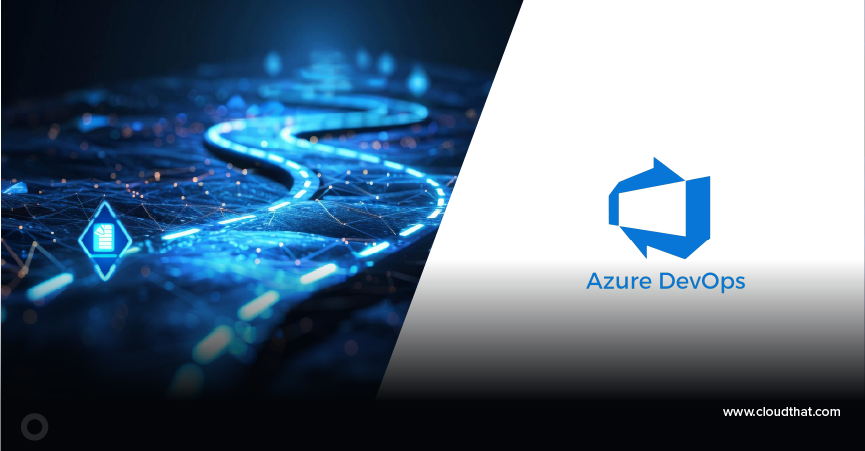
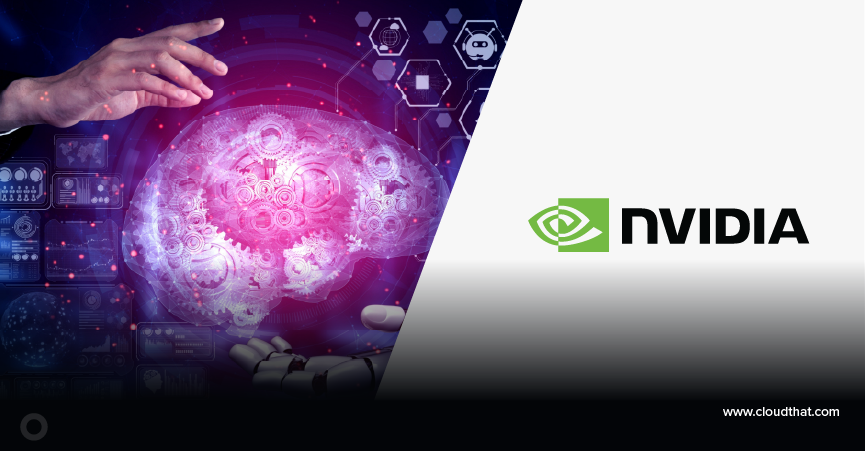

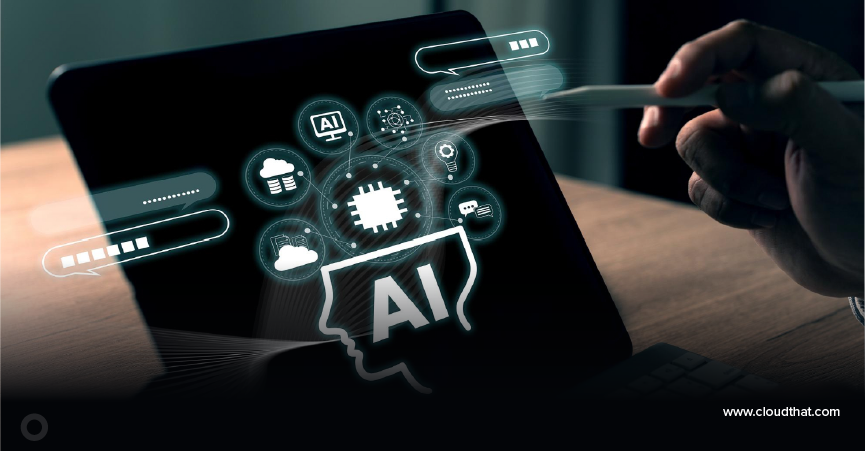

AWS, Cloud Computing, Cyber Security
By Anusha R

Dec 26, 2025
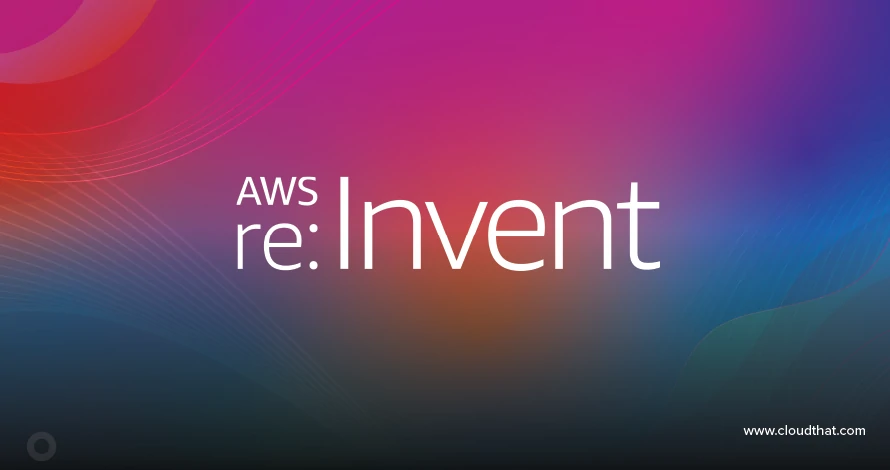
AWS, Cloud Computing
By Anusha R

Dec 24, 2025
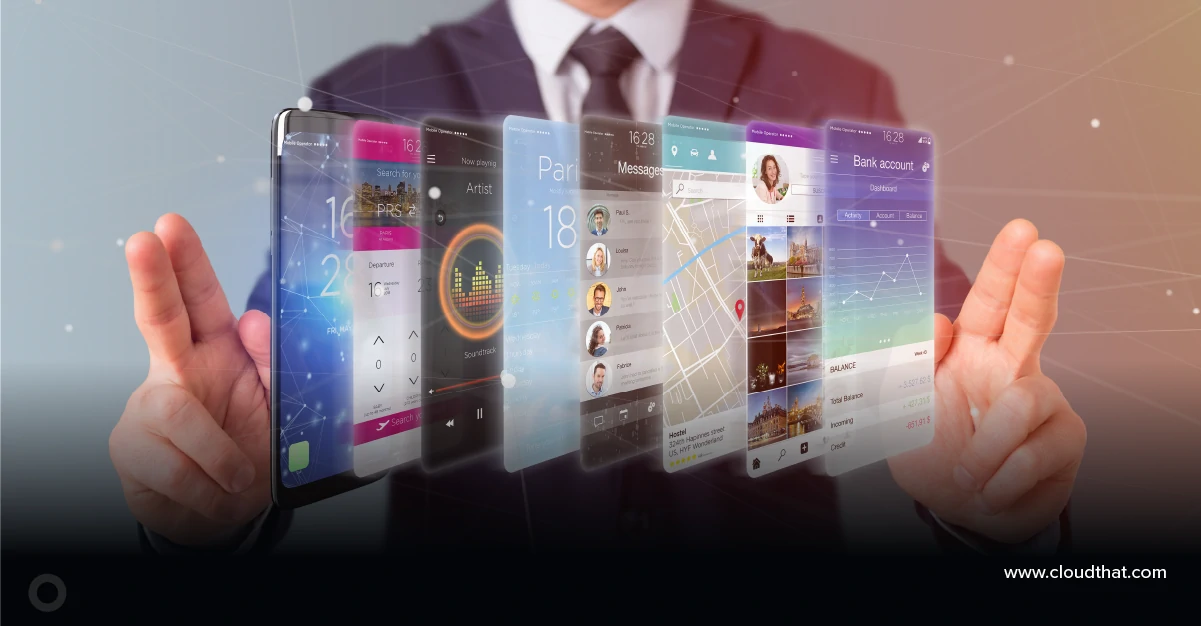
Apps Development, Cloud Computing, Microsoft Dynamics 365

Dec 23, 2025

Apps Development, AWS, Cloud Computing
By Shreya Shah

Dec 23, 2025
